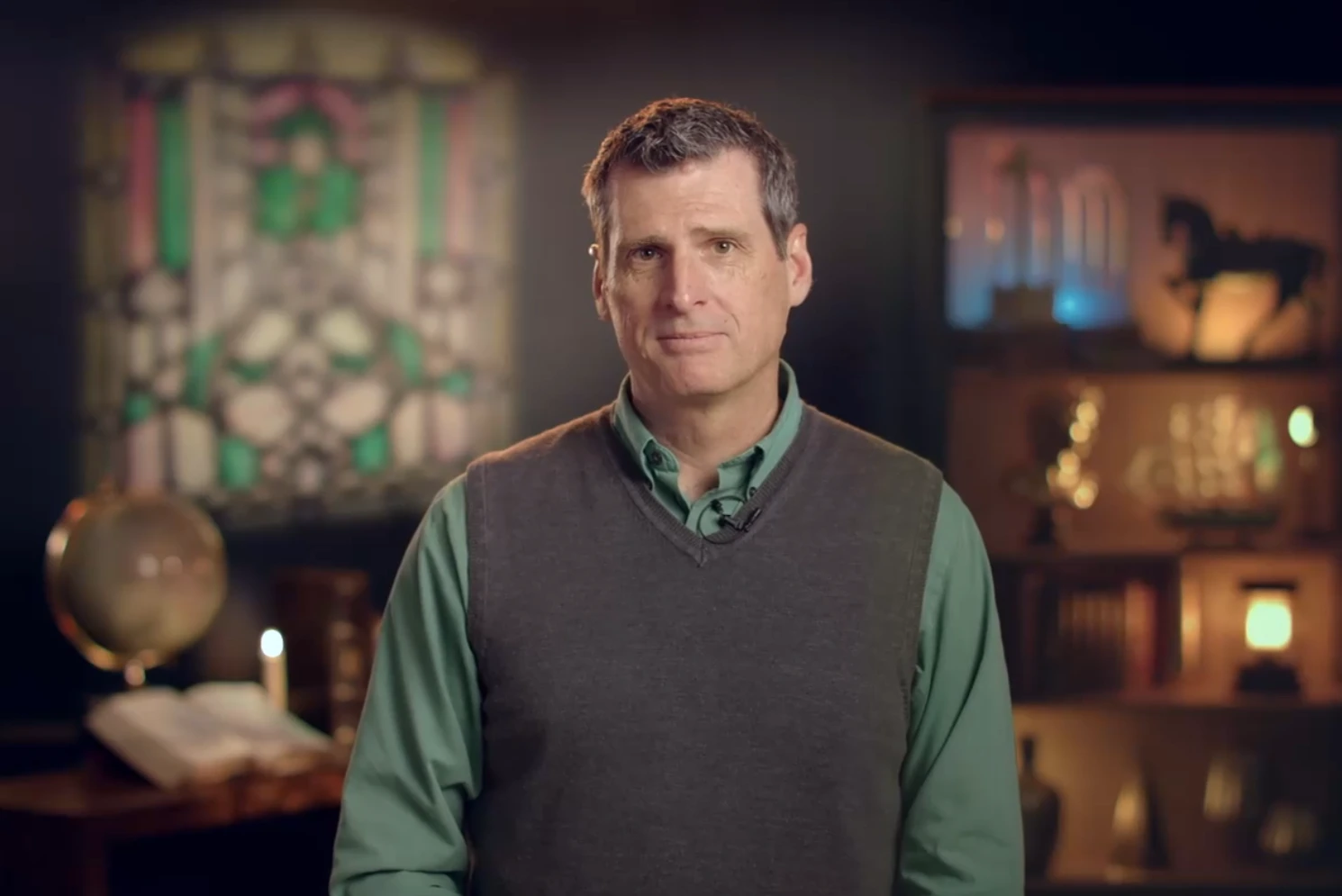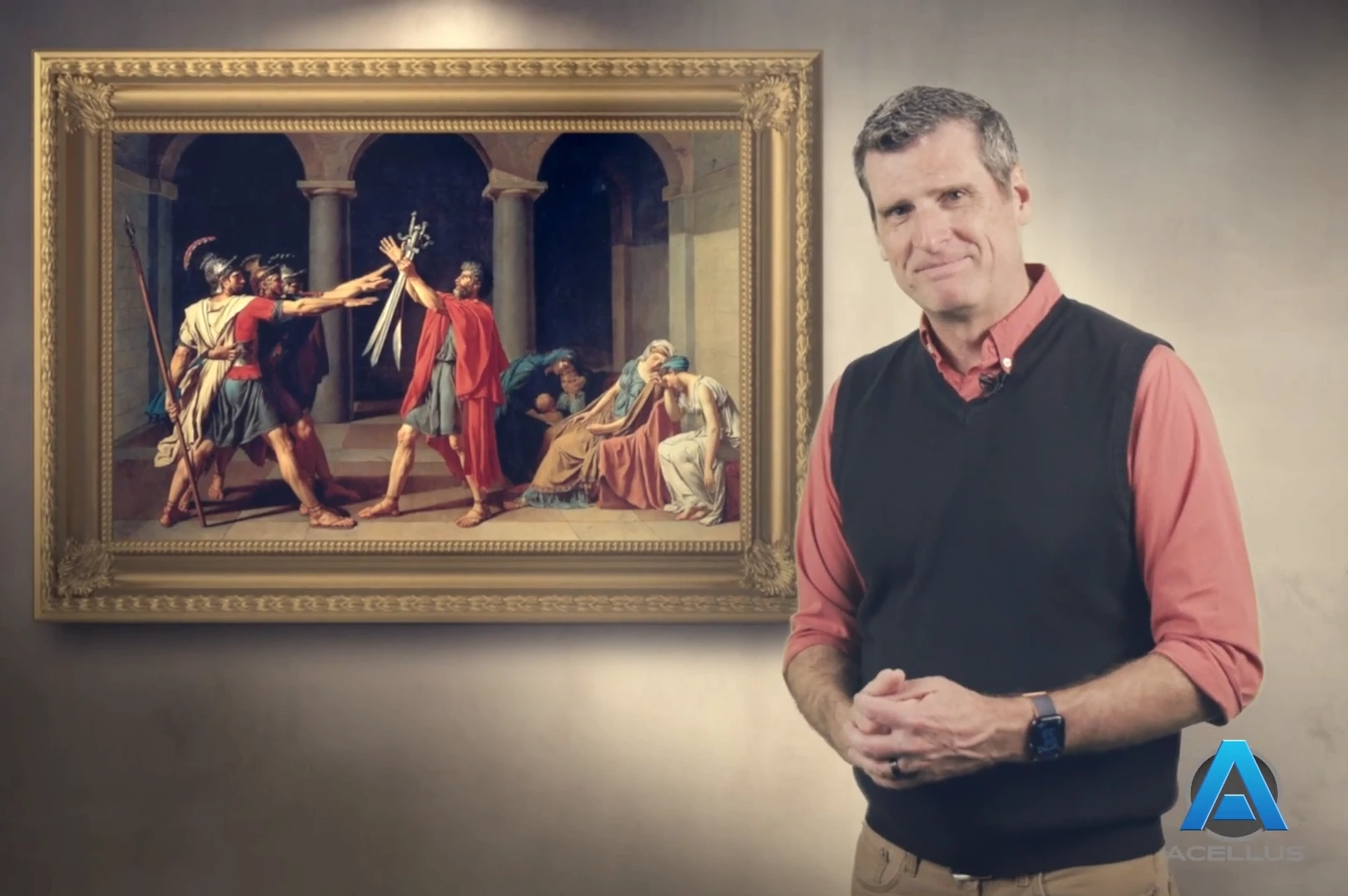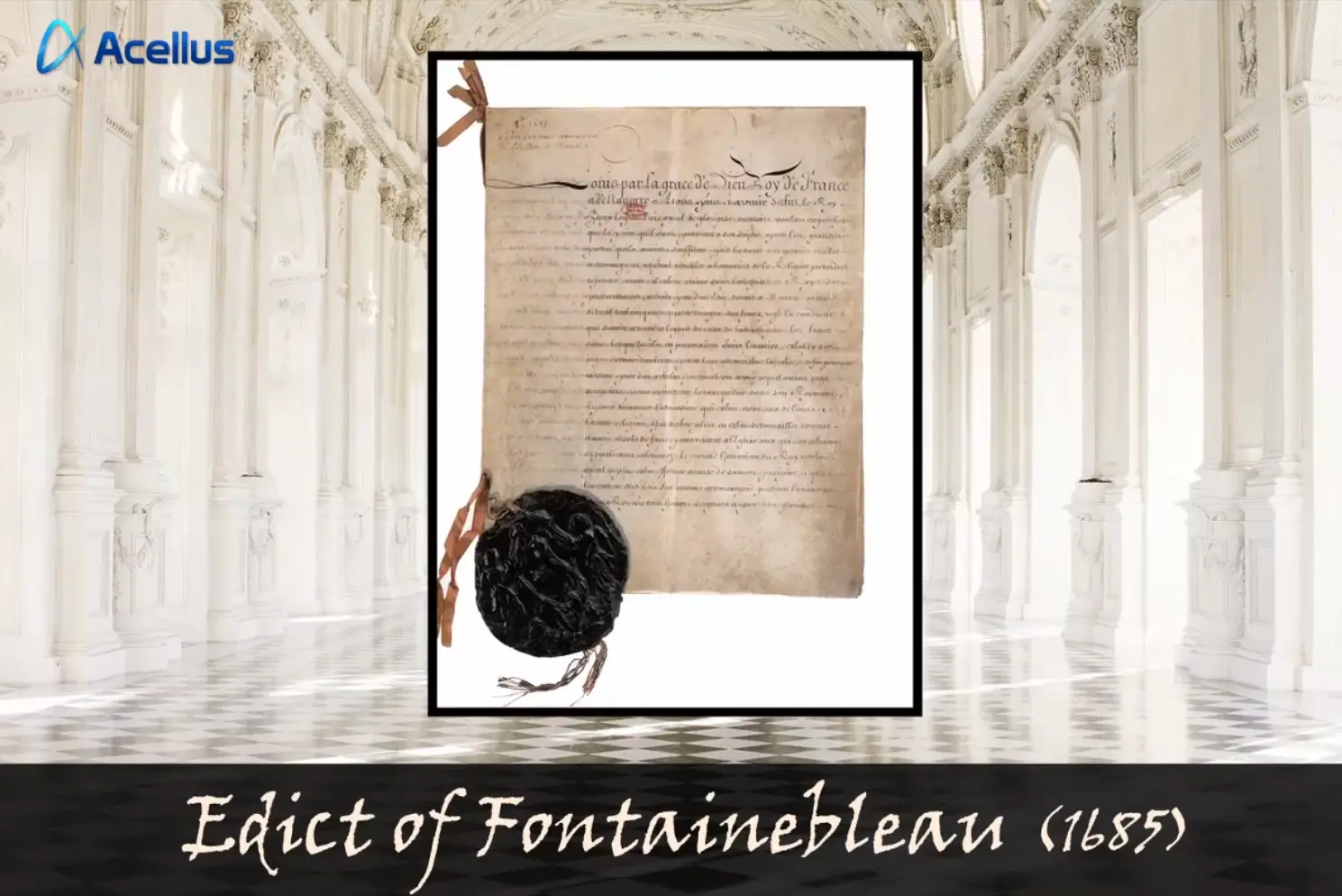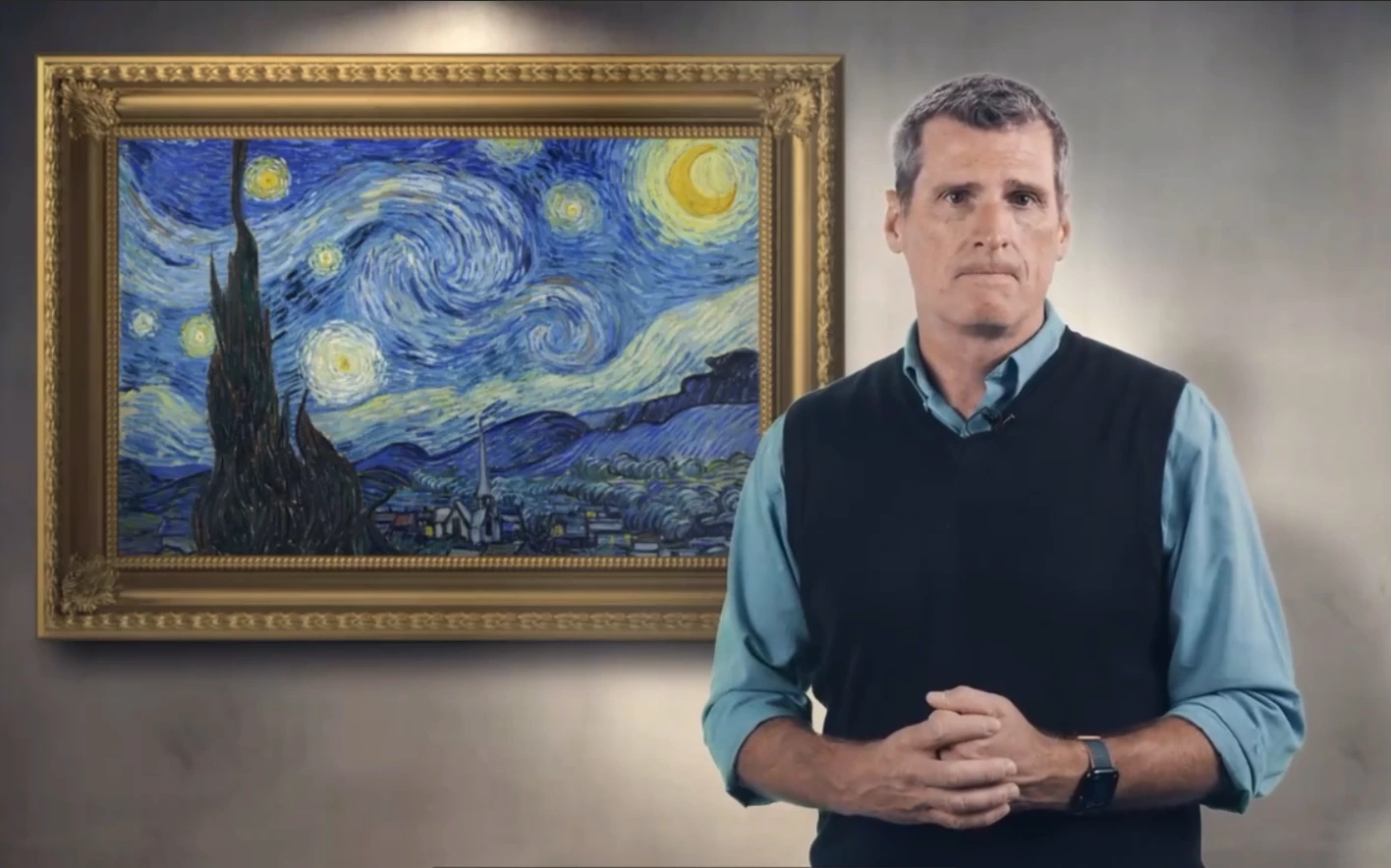European History
Assessment: Lesson Practice, Unit Exams, Mid-Term Exam, Final Exam
Language: English
European History Curriculum
This European history online course takes students on a journey through Europe’s most important historical moments. It starts with the exciting changes of the Renaissance, Reformation, and Age of Exploration—times filled with new ideas, art, and world-changing discoveries. Students then explore how different governments developed, like absolute monarchies and early democracies, and dive into the Scientific Revolution and Enlightenment to see how new ways of thinking reshaped society. As the course moves forward, students study major revolutions—French, industrial, and nationalist—and how they sparked lasting changes across Europe.
The second half of the course focuses on the dramatic events of the 20th century, including World War I, World War II, the rise of fascism, and the Holocaust. Students also learn about the Cold War, the fall of communism, and how modern Europe continues to evolve today through the European Union, immigration, and global challenges. Along the way, they’ll build important skills by analyzing primary sources, writing thoughtful essays, and asking big questions about the past. This course helps students understand how Europe’s history shaped the modern world—and prepares them for future studies in history, government, or global issues.
Video Based Lessons
These video based lesson are accessible and can be rewatched, making them a flexible learning option.
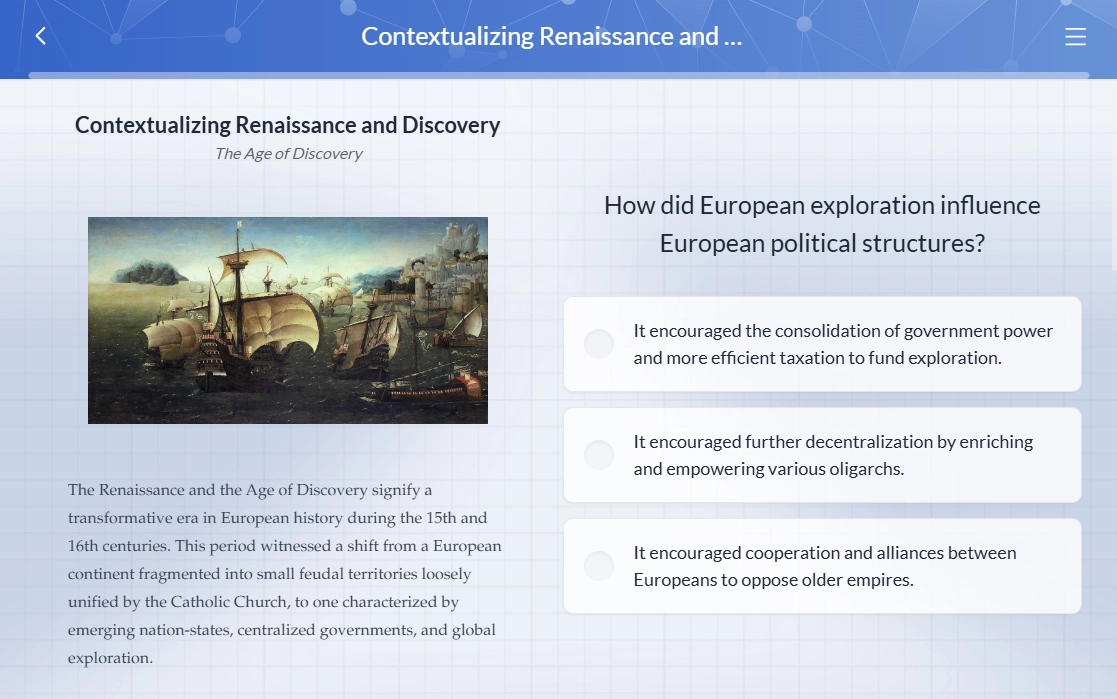
Interactive Practice Questions
The interactive practice problems offer an engaging and effective way to learn, helping students deepen their knowledge and develop essential academic skills.
European History Course
By the end of the European history curriculum, students will confidently trace Europe’s transformation from the Renaissance to today. They will have explored major eras—such as the Age of Exploration, Reformation, Enlightenment, Industrial Revolution, world wars, the Cold War, and European unity—demonstrating how cultural, political, economic, and intellectual forces shaped modern Europe .
Alongside understanding the history of Europe, students will sharpen their historical-thinking skills: analyzing primary sources, constructing persuasive essays, recognizing cause-and-effect, and drawing connections across centuries. They’ll gain insight into themes like nationalism, empire-building, political revolutions, philosophical movements, and Europe’s global influence. These tools—reading critically, writing clearly, reasoning logically—will prepare students for advanced social studies, government, or global affairs courses. This curriculum lays a foundation for students, equipping them with the knowledge and confidence to tackle real-world issues rooted in Europe’s complex history.

